|
Read all about our GoZebra adventures, achievements and updates here: https://mailchi.mp/d42c70a2c8db/gozebrafit-newsletter-june2024
0 Comments
 Everyone faces setbacks in their lives. The key lies in how you deal with it . The good news is, there are a range of skills you can learn to improve your response to setbacks and come out of them easier, faster and stronger. Here is your mental skills toolbox to bounce back after setbacks: 1. Goal Setting: Establish clear, achievable goals, breaking them into small, manageable steps and gradually expose yourself to the task in a controlled manner. Be proud of your small steps and celebrate each milestone!
2. Positive Self-Talk: Recognise your negative self-talk, often triggered by fear or self-doubts. Remind yourself of your strengths and past successes and use them to formulate positive affirmations. Use those to stop a negative thought whenever it comes and overwrite it with your positive self-talk. 3. Visualisation: Regularly visualise yourself performing the task you are nervous about successfully. Imagine the movements, the environment, and the positive outcomes to build confidence and reduce anxiety. You can do this before getting up in the morning or before you go to sleep in the evening. Make it a routine! 4. Mindfulness and Relaxation Techniques: Being able to regulate stress is crucial to return to activities you are worried about. Breath work can be incorporated easily into everyday life and can stop a stress cycle in its roots. Simply practice taking a few deep breaths whenever you start feeling nervous or anxious and notice the response in your body. You can also try box breathing where you take a deep breath in, then hold it for 3 seconds, breath out and hold for 3 seconds before breathing back in. These techniques can help you stay calm and focused and allows you to start thinking rationally again rather than reacting from your “monkey brain” responding to irrational fears in the moment. You can also keep a journal to reflect on your progress, thoughts, and emotions. Writing can help you process your experiences and track improvements. 5. Embrace growth: Use what happened as feedback and opportunity to grow. What has it made you better or stronger in? Use techniques such as reframing and cognitive restructuring to see things clearly and rationally. Also, reflect on past experiences where you overcame difficulties, see what strategies you applied and what worked and did not work so well, build on them and you will also build confidence that you can do it. 9. Let your body take over: we all know the slogan “Just do it” and this is an important part of bouncing back after setbacks. It is about stopping to overthink and letting the body take over and do what it managed to do before so well, rather than your brain limiting it with fear. So switch off those fearful thoughts, do it, and enjoy the feeling! Viewing coming back after setbacks as a process and by incorporating these mental skills, you can enhance your resilience, build confidence, and bounce back easier, faster and stronger! ...and why it matters in your trainingAs a Sport Psychologist, I have been curiously following the rise of the latest trend on Neuroathletics. Here is the low down, and what it means for your training.
What is Neuroathletics: In the pursuit of the best training, athletes and coaches are constantly seeking innovative ways to maximise performance. The new buzz word in sport science: Neuroathletics. Beyond traditional physical training, a burgeoning field known as neuroathletics is gaining attention for its potential to unlock the full capacity of the body-brain connection in training. Neuroathletics encompasses a variety of techniques aimed at optimising the body-brain connection to enhance athletic performance, offering a promising avenue for athletes to push their boundaries and achieve new heights by training smarter, not harder – something I am a big advocate for. Understanding Neuroathletics: Neuroathletics revolves around the principle that the brain plays a central role in athletic performance, influencing factors such as coordination, reaction time, decision-making, and focus. By targeting specific neural pathways and cognitive processes, athletes can sharpen their mental acuity, connect body and mind, and gain a competitive edge. One key aspect of neuroathletics is neuroplasticity, the brain's ability to adapt and rewire itself in response to physical and sensory stimuli. Through targeted exercises, athletes can harness neuroplasticity to refine motor skills, improve coordination, and enhance proprioception—the sense of the body's position and movement in space. Techniques in Neuroathletics Training: Neuroathletics training encompasses a wide range of techniques designed to optimize brain function and enhance athletic performance. Some of the most prominent methods include: 1. Neurofeedback: Neurofeedback involves monitoring brainwave activity and providing real-time feedback to help individuals learn to control their brain function. Athletes can use neurofeedback to enhance focus, reduce anxiety, and improve overall mental resilience. 2. Cognitive Training: Cognitive training exercises challenge various cognitive functions such as memory, attention, and decision-making. By incorporating cognitive drills into their regimen, athletes can sharpen their mental skills and enhance their ability to process information quickly and accurately during competition. 3. Visual and Sensory Training: Visual and sensory training exercises aim to improve visual processing speed, depth perception, and hand-eye coordination. These drills may involve specialised equipment but also simple equipment works and we have been using in in our Kids Classes for many years now. With simple techniques we stimulate the visual and sensory systems, enabling athletes to react more effectively to visual stimuli in their sport. 4. Recovery: Neuroathletics can help athletes cultivate mental resilience, manage stress, and enhance concentration. By incorporating techniques into their training routine, athletes can develop greater self-awareness and emotional control, leading to improved performance under pressure. Benefits of Neuroathletics Training: The integration of neuroathletics training into an athlete's regimen offers numerous potential benefits, including: Enhanced Performance: By optimising neurological function, athletes can improve their reaction time, decision-making, and overall performance on the field or court. Reduced Injury Risk: Improved coordination, proprioception, and balance resulting from neuroathletics training can help reduce the risk of sports-related injuries. Faster Recovery: Training smarter, not harder, also reduces the risk of injury, promotes faster recovery by reducing stress on the body and promoting relaxation as well as reducing the risk of overtraining and all the negative effects this has on the body, mind and social life of an athlete. Increase retention: This also improves retention of athletes in sport. Mental Resilience: Training the brain through neuroathletics can enhance mental resilience, enabling athletes to maintain focus and composure in high-pressure situations. Conclusion: As a Sport Psychologist, neuroathletics is nothing new to me. These are practices we have known and practiced for a long time, AND I love seeing these approaches gaining wider traction in the world of sports through neuroathletics. I have my hopes up that it will challenge old approaches to training and help athletes reach their goals by not always pushing them harder but by training smarter, tapping into the power of neuroplasticity and employing targeted techniques to optimise brain function. That way, athletes can unlock new levels of performance beyond the limitations of physical training. Watch out for it as I will include more of it in all out classes! On Janurary 21st, our GoZebra Triathlon team raced at the first event of the triathlon season 2024 - the swim & run event. With different distances in the pool and run, all six young athletes did their best and finished with a big smile!
Well done to all our starters - fantastic performances, great sporting mindset and amazing experiences for all! Well done everyone! So proud of all! We are looking forward to the next one on March 17th already! If you are interested in taking part, please email [email protected]! 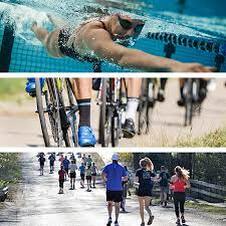 Es gibt neuen Triathlon-Zuwachs in Wien! Rund um vormalige British Triathlon Trainerin und Sport Psychologin des Talentkaders von Triathlon Scotland Brigitte Cummings hat sich im Norden Wien’s ein neuer Triathlon-Verein etabliert, der stark den Nachwuchs im Auge hat, aber auch Erwachsenen jeden Alters die Chance bietet, Triathlons auszuprobieren. “Wir wollen dazu beitragen, Triathlon jeder und jedem zugänglich zu machen”, so Cummings. “Durch unsere Arbeit mit Familien, an den Grassroot-Levels und mit Athlet:innen aus anderen Sportarten wollen wir außerdem mithelfen, Talente zu finden, zu halten und zu fördern.” GoZebra.fit war bei ihrem Debut-Rennen TRI-Kagran Kids Aquathlon 2023 bereits der 4.-grösst-vertretene Verein. Wer seid ihr als Verein und wofür steht ihr? GoZebra.fit ist ein internationaler Verein, der 2023 gegründet wurde mit dem Ziel, Triathlon für jede und jeden zugänglich zu machen – unabhängig von Alter, Triathlon-Erfahrung und Sprache. Alle unsere Trainings werden zweisprachig in Englisch und Deutsch durchgeführt und für alle Altersstufen und Fitnesslevels angeboten. Wir haben mittlerweile mehr als 12 verschiedene Nationalitäten über alle Altersklassen im Team! Was macht euch aus? Was uns auszeichnet ist die integrative Einbindung von Sportpsychologie in alle unsere Trainingseinheiten. So bekommen alle unsere Athlet:innen nicht nur das sportliche Training sondern auch die mentalen Kapazitäten, um im Sport – und im Leben – erfolgreich zu sein. Durch unsere Internationalität kommen viele Familien aus unterschiedlichen Ländern zu uns, vereint durch die Liebe zum Sport und des Outdoors. Oft trainieren sowohl Eltern als auch Kinder bei uns, und wir beiten gemischte Trainingseinheiten über Altersgrenzen hinweg an – da macht das Training ganz Besonders Spaß! Wir trainieren gemeinsam, plaudern gemeinsam, feiern gemeinsam, und formen über den Verein ganz besondere Freundschaften. Das macht unser Team zu etwas ganz Besonderem. Wie seid ihr da hingekommen wo ihr gerade steht? Durch die Liebe zum Sport, viel persönlichem Engagement und unsere tollen Sportler:innen, die bei jedem Wetter trainieren kommen – egal ob es regnet, schneit oder die Sonne scheint! Was sind eure größten Erfolge? GoZebra.fit hatte bei ihrem ersten Debut-Rennen auf der Wiener Donauinsel bereits 10 junge Athlet:innen sowie einige erwachsene Triathlet:innen am Start. Uns geht es um die Vermittlung der Freude an diesem tollen Sport. Unser größter Erfolg ist es mitzuerleben, wie unsere Mitglieder durch den Sport wachsen, sowie den positiven Ausstrahlungs- und Vorbildeffekt, den dies auf ihre Familien und Freundeskreise hat, zu sehen. Was sind eure Ziele für diese Saison? Wir wollen unser Schwimmtraining mit einer eigenen Schwimmbahn aufbauen, um uns so besser auf Wettkämpfe vorbereiten zu. können. Wir werden uns in unserem diesjährigen Rennkalender gezielt auf ein paar Wettkämpfe in Wien fokussieren, um unseren Anfänger:innen bei Kids und Erwachsenen das Race-Feeling schmackhaft zu machen und Erfahrungsmöglichkeiten zu geben. Wir haben auch bereits ein paar vielversprechende Athlet:innen im Team, die wir durch spezielle Programme verstärkt fördern wollen. In weiterer Folge wollen wir beginnen, auch in Schulen zu gehen, um die Grassroots so weiter auszubauen. Wer ist bei euch richtig bzw. wen wollt ihr ansprechen? Bei uns sind alle willkommen – vom Anfänger zum Profi, über alle Altersklassen. Bei uns trainieren oft ganze Familien zusammen! Durch unser Coaching in Deutsch und Englisch ist unser Verein außerdem für internationale Familien sehr interessant. Wo trainiert ihr? Wir trainieren im Norden Wiens – Lauftraining findet im Türkenschanzpark (1180) statt und - dank einer Kooperation mit TriKagran - können wir im Jörgerbad (1170) schwimmen. Radfahren gehen wir auf die Donauinsel oder – je nach Rennvorbereitung – fahren wir auch manchmal zum Hilltraining auf den Exelberg. Wie kann man mit euch Kontakt aufnehmen? Wir sind über unsere website www.gozebra.fit, per email unter [email protected] oder telefonisch/via whatapp unter 06641662421erreichbar. Außerdem könnt ihr uns auf Facebook, Instagram, TikTok und YouTube unter @gozebra.fit folgen. Mehr infos zu GoZebra.fit Triathlon Training hier. 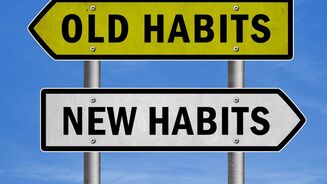 FORGET NEW YEARS RESOLUTIONS – HERE IS HOW TO CREATE HEALTHY HABITS THAT LAST Research suggests that 23% of New Years Resolution fail by the end of the first (!) week. Almost half quit by the end of January, with a further 40% failing by the end of the third month. This leaves us with a mere 10% of New Years resolutions that make it past March! Of these, only a fraction surpass the 6-months mark, and very few people actually manage to establish a long lasting new habit. New Year's resolutions often fail because they encourage a goal-oriented rather than a process-oriented approach. Where the former adopts a narrow focus in pursuit of achieving a single goal, the latter looks at developing a healthy set of habits to arrive at the goal—and perhaps even surpass it. Establishing healthy habits has a positive long-term impact on your physical and mental health. By establishing systems and routines, you can achieve your long-term fitness goals, create a positive mindset, reduce stress and enhance your mental well-being and resilience. What to do? The following steps are important to establishing healthy habits that last. 1. Small incremental goals: Small changes can lead to remarkable results. Tiny actions accumulate over time to create significant desired outcomes. 2. Habit Stacking: Attaching new habits to existing ones, it makes it easier to integrate them into daily routines. By leveraging existing habits, you can create powerful cascades of positive behaviours. 3. Identity-based Habits: True behaviour change occurs when it is aligned with your identity. By shaping your self-image and identifying as the type of person who embodies your desired habits, you can foster lasting change. 4. The 2-Minute Rule: It is best to start new habits with actions that take only two minutes to complete. Additionally, by lowering any barriers to enter your desired habit, it becomes easier to initiate and sustain positive behaviours. 5. Environment Design: It is important to create an environment that supports desired habits and eliminates triggers for negative ones. Modifying the physical and social surroundings can significantly impact desired behaviour. 6. Continuous Improvement: Progress is achieved through consistent, small improvements rather than sudden transformations. By focusing on getting just a little better each day, significant long-term growth can be attained. Where to start? In our Habits Change Programme, you will be provided with practical strategies for building good habits, breaking bad ones, and making positive changes in your life. It is a uniquely designed fitness programme that works your Body and Mind: full body workouts with integrated habit coaching - all in one session. The sessions are powerful Sport-Science-based programmes to tone your whole body, whilst giving you bite-sized practical knowledge based on Psychology - to apply directly to your life and enable you to live your full potential. Available as Online Programme or as part of our regular Bootcamp sessions – next programme starts 8th Jan 2024. You can book your Online Habits Programme here and your Habits Bootcamp Programme here. On September 9th, 2023, we started with an amazing team at the Vienna City Triathlon. And we were the 4th biggest Club at the race! As a young club and at our first triathlon together, this is incredible and we are immensely proud of all our starters - adults, young adults and kids athletes who raced for GoZebra.fit!
Come and join us! We are a super friendly club and everyone is welcome! When news came out that our local Edinburgh girl Kira was in urgent need for live saving surgery in the US to free her from cancer, I started a fundraiser to help her with the funds she needed. Admittedly, I was all over the place, organising a fundraiser bootcamp and raffle in the space of a week, but I just could not sit back and do nothing. Dress up Bootcamp & Cake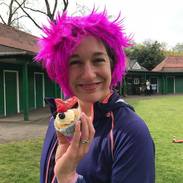 First up, there was our Achievement Coaching FUNDRAISING DRESSUP BOOTCAMP & CAKE. We dressed up, we did burpees in pink wigs, we ate cake. And we raised £60 for Kira and Solving Kids Cancer. RaffleNext up was the raffle. The raffle grew from strength to strength, with so many amazing prizes being donated by local businesses, 16 businesses donated 27 prizes. |
AuthorBrigitte is Head Coach at Archives
June 2024
Categories |
Services |
ABOUT |
Subscribe to our Newsletter |
© GoZebra. All rights reserved.
|
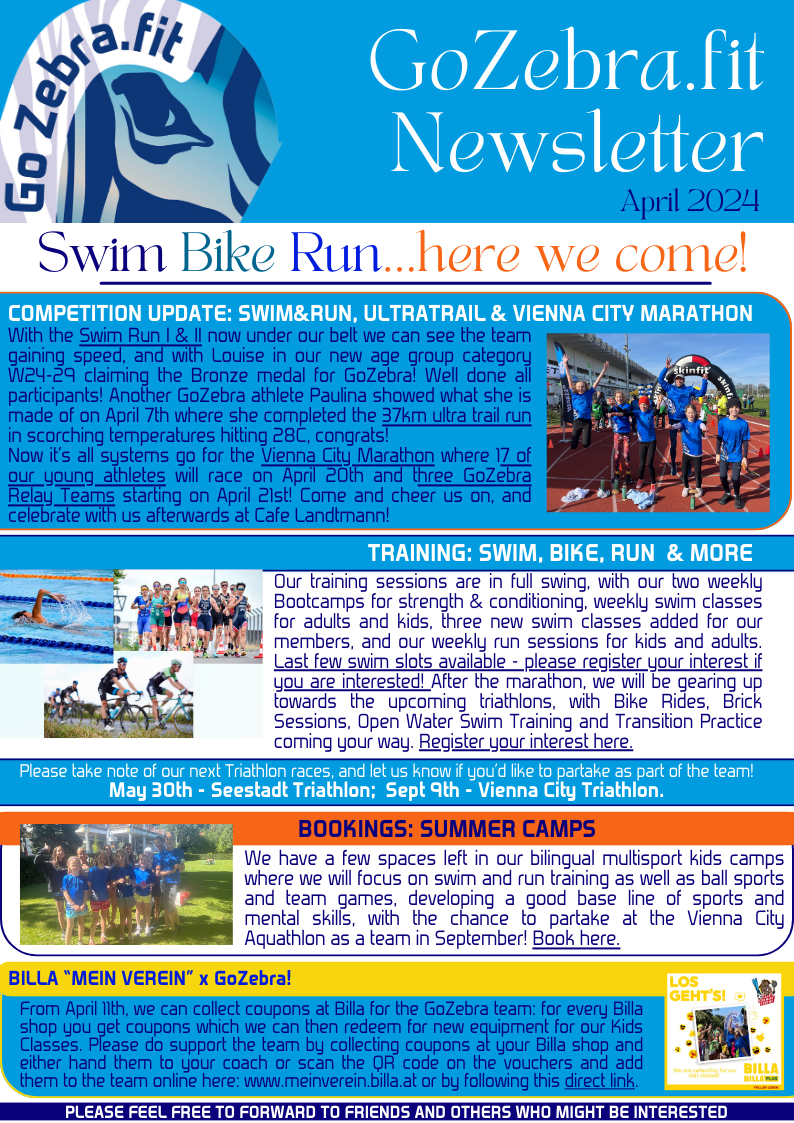
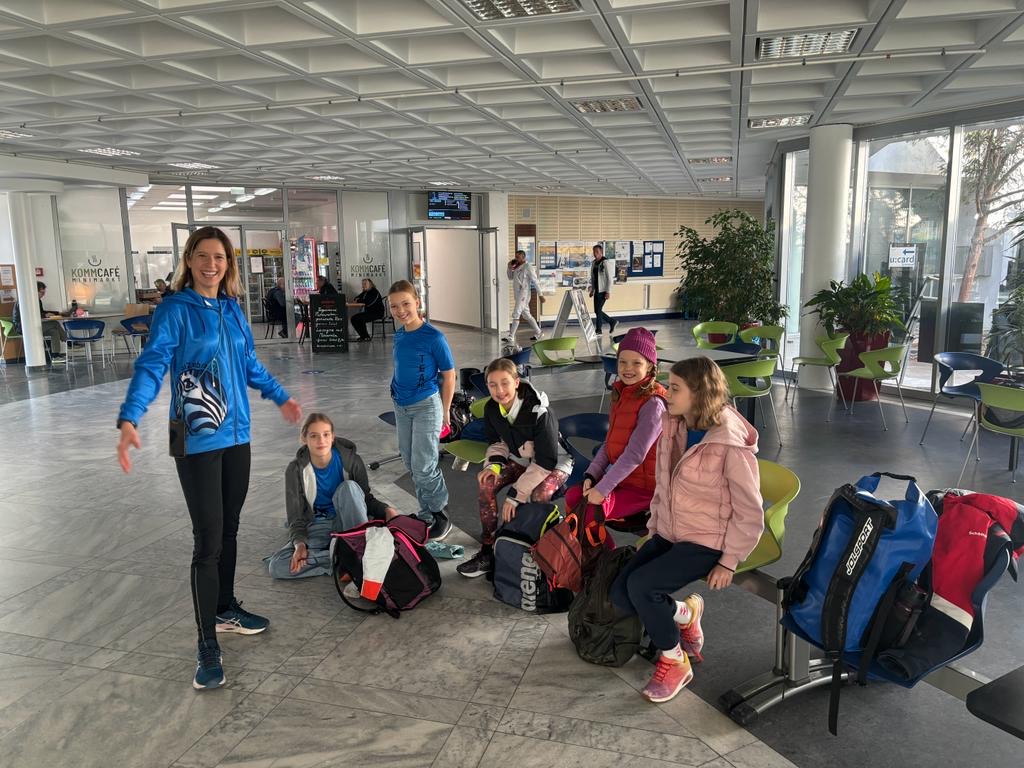
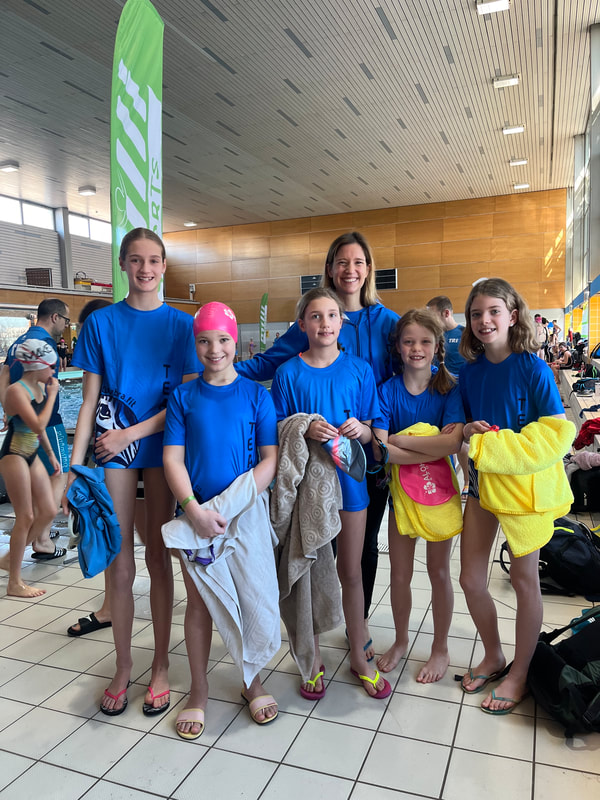
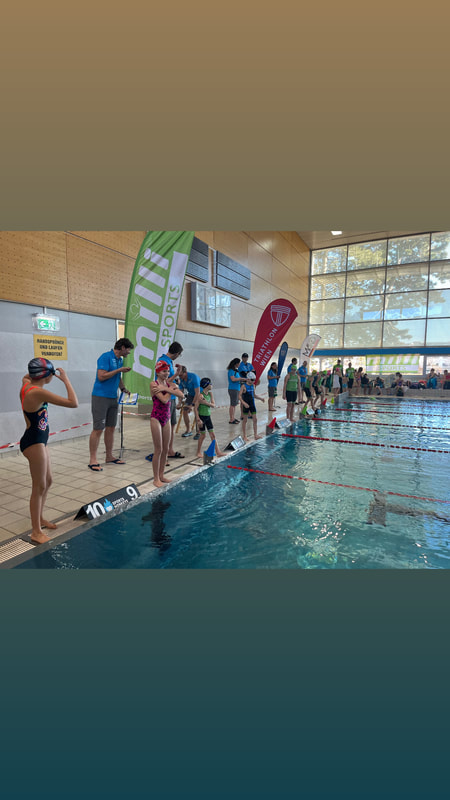
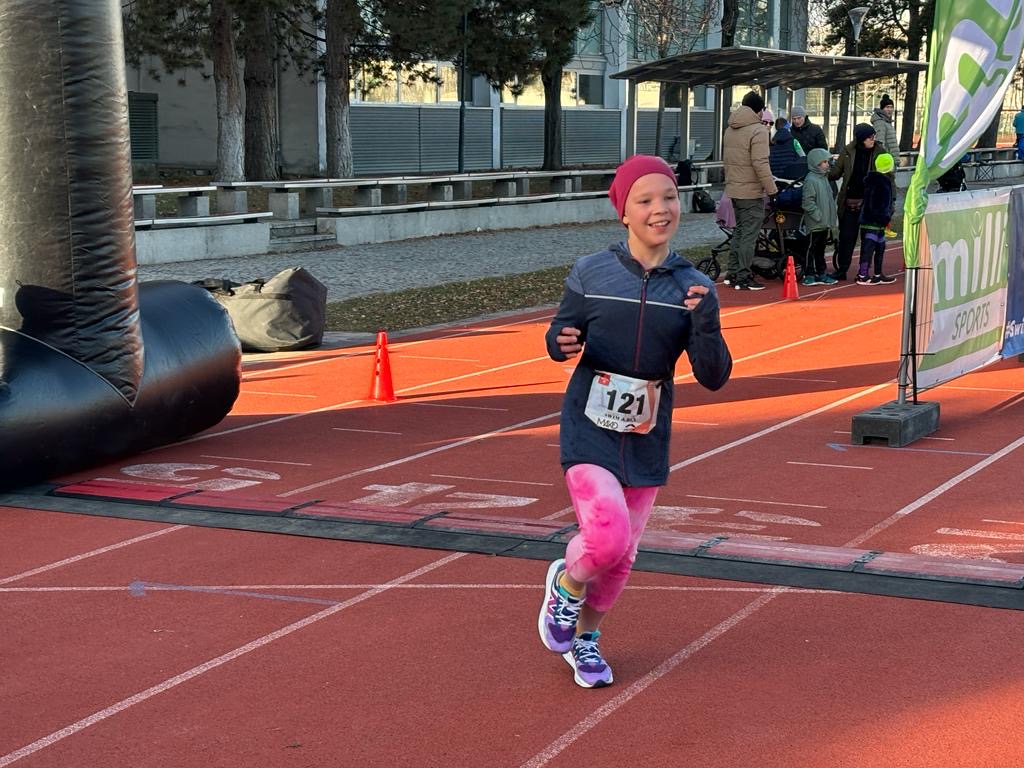
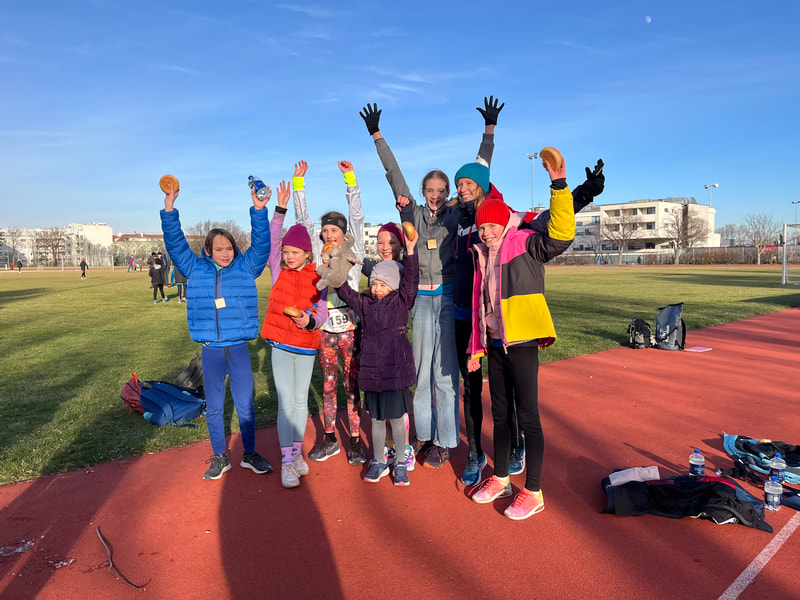
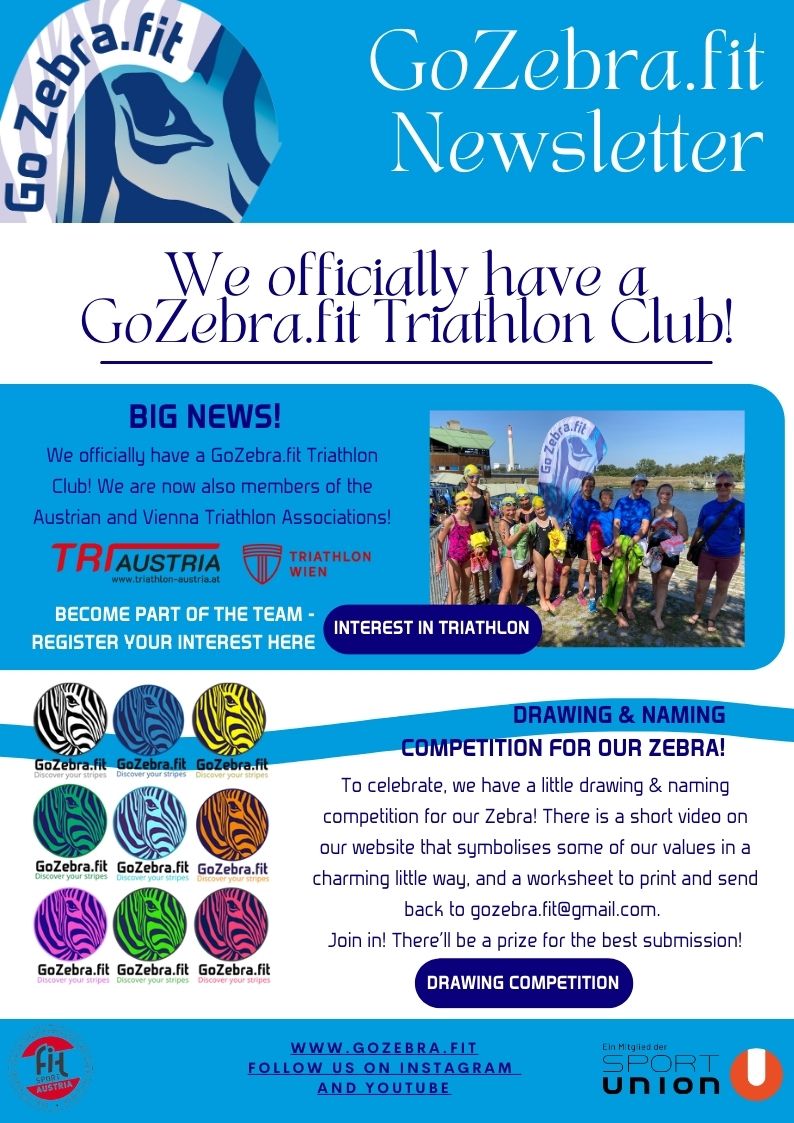
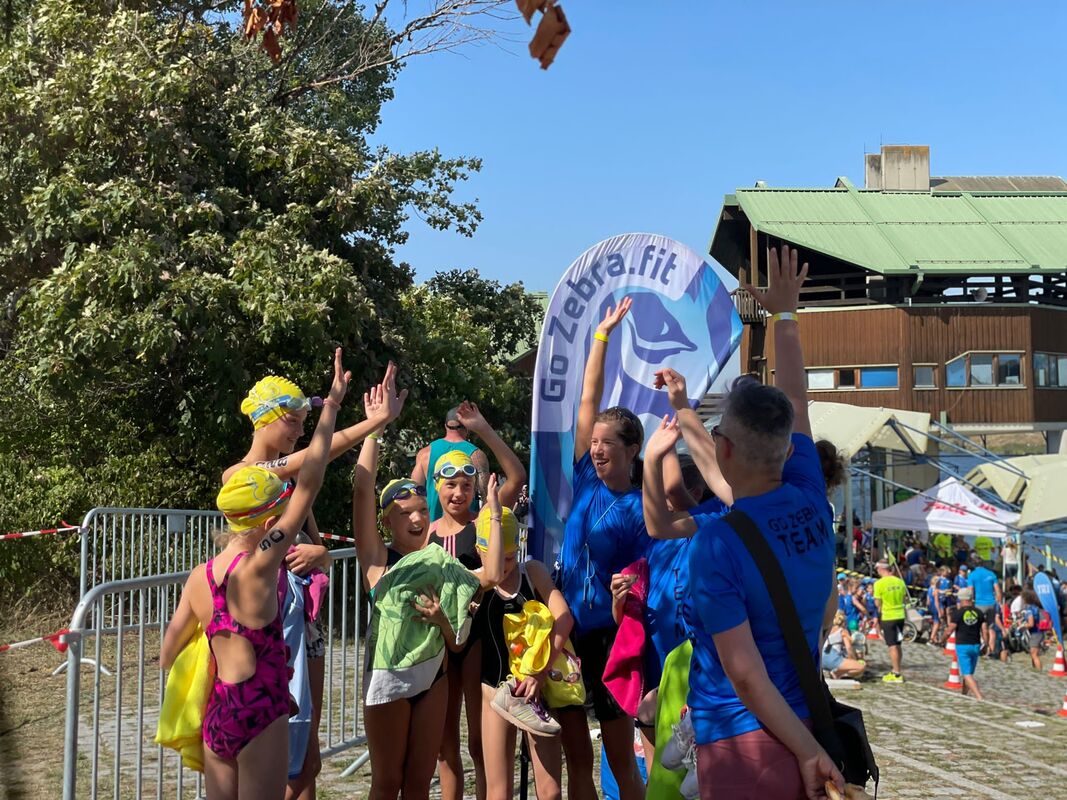
 RSS Feed
RSS Feed
